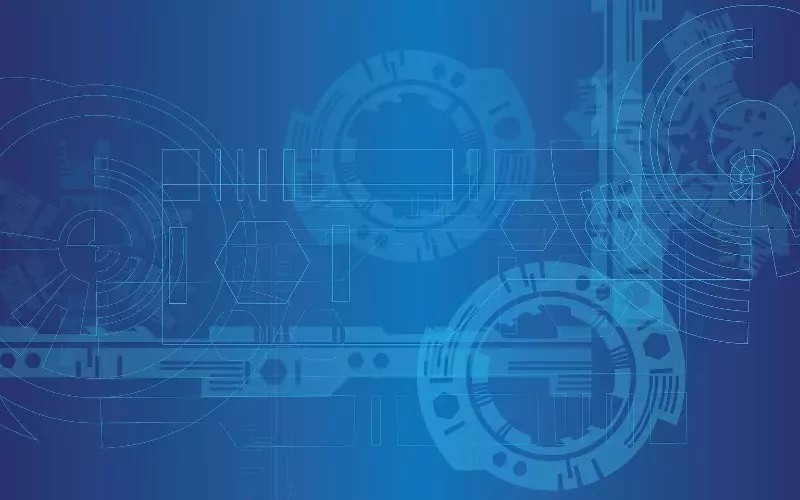The integration of technology in the workplace heralds a new era of efficiency, yet raises profound ethical questions. Businesses are now poised at a crossroads where technology could either enhance productivity significantly or veer into privacy intrusion.
The rise of tracking technologies brings the dichotomy between employee productivity and privacy concerns to the forefront. Technologies such as those developed by Total Control Pro, which offer real-time data analytics, can optimize productivity by providing a transparent view of the manufacturing process. However, employees may fear that such visibility could infringe on their privacy.
Total Control Pro represents a significant leap in manufacturing technologies by innovating live tracking systems through barcode scanning, allowing businesses to refine their operations efficiently. Employees scan in and out of tasks, view their workload, and flag issues via unique barcodes—streamlining operations significantly. Still, it necessitates a balance between improving efficiency and maintaining trust within the workforce.
Wearable technology is at the cusp of mainstream application within industries, aimed at monitoring employee health and productivity. The allure of such technology lies in its potential to enhance worker well-being and output. However, concerns about data ownership and the ethical implications of constant monitoring must be carefully considered.
The implementation of new technologies must be tempered with ethical considerations, particularly regarding data privacy. While transparency boosts productivity—by identifying pain points in operations—overreach may lead to an Orwellian reality. Privacy must remain a priority even as technological advances are embraced, ensuring ethical guidelines govern data usage.
The fusion of technology and business points toward a future where workplaces harness analytics to drive efficiency and innovation. However, this future necessitates dialogue on the ethical implications of surveillance technologies. As companies increasingly rely on technology, fostering a culture of trust and consent becomes paramount to avoiding a dystopian work environment.
As businesses grapple with the relentless pace of technological advancement, proactive measures must be undertaken to balance productivity gains with ethical concerns. By upholding transparency and privacy, companies can leverage technology without compromising trust.

